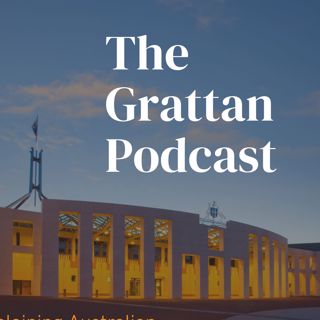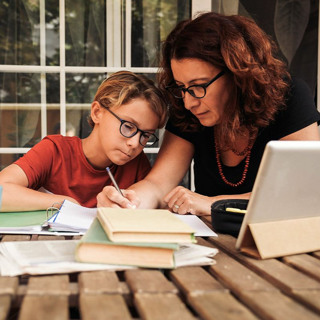
School education in the age of COVID-19 - Webinar recording
Teachers and students responded quickly and well to remote learning when the COVID-19 crisis forced the closure of schools. But new research suggests most students learnt less at home than they would have in the classroom – and that disadvantaged students fell further behind. In this special Webinar, experts from the UK, the US, and Australia discussed their latest findings and identified the extent of the ‘equity gap’. And as schools reopen and students return to the classroom, the panel suggested ways to help our most vulnerable students to catch-up, answered questions on school education in the age of COVID-19. Speakers: - Anthony Mackay AM - President & CEO of the Washington DC based National Centre on Education and the Economy - Dr. V. Darleen Opfer - Vice President of RAND Education and Labor and the Distinguished Chair in Education Policy at the RAND Corporation - Robert Coe - Director of Research and Development at Evidence Based Education and Senior Associate at the Education Endowment Foundation - Julie Sonnemann - School Education Fellow at Grattan Institute A special event by Grattan Institute/Education Endowment Foundation/National Centre Education and Economy/RAND Corporation. We would like to thank the Origin Energy Foundation for their generous and timely support of this project.
29 Kesä 20201h 2min
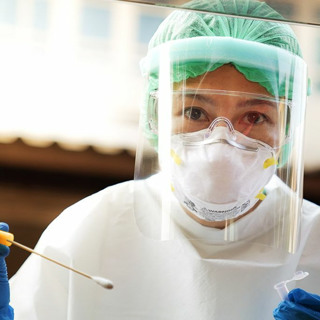
How our health system can be better after the pandemic – Webinar recording
After COVID-19, Australia’s health system looks nothing like the health system of six months ago. All aspects of the system – primary care, mental health, and alcohol and other drug services – have embraced new ways of working because of spatial distancing. Health professionals took on new roles, services pivoted from waiting for people to make appointments to reaching out to patients, and many face-to-face consultations were replaced with phone or video consultations. Read our latest health report: https://grattan.edu.au/report/coming-out-of-covid/
22 Kesä 202059min
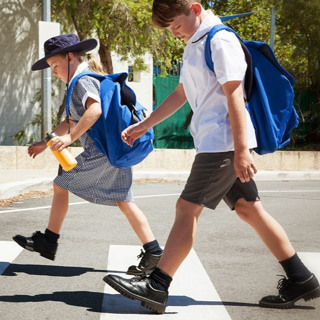
COVID catch-up: helping disadvantaged students close the equity gap
Australia should launch a $1 billion, six-month tutoring blitz to help 1 million disadvantaged school students recover learning lost during the COVID-19 lockdowns. Governments should send a battalion of 100,000 tutors into schools between now and Christmas to conduct intensive small-group sessions on reading and maths. Many disadvantaged students – those from the poorest 25 per cent of families and rural areas – will have fallen further behind their classmates during the COVID-19 school closures. Listen to Julie Sonnemann, School Education Fellow, in discussion with Kat Clay, Head of Digital Communications, about how to help disadvantaged students recover lost learning. For more information or to read the report in discussion, visit: https://grattan.edu.au/report/covid-catch-up/
14 Kesä 202019min

Fast train fever: Why renovated rail might work but bullet trains won’t
Australia should dump the decades-old dream of building a bullet train from Brisbane to Melbourne via Sydney and Canberra, and we should be wary of expensive promises to upgrade regional rail to ease population pressures on our major capitals and boost struggling regional cities and towns. Listen to Greg Moran, Senior Associate, and Tom Crowley, Associate, discuss the latest Grattan Report, Fast train fever: Why renovated rail might work but bullet trains won’t. Hosted by Kat Clay, Head of Digital Communications. You can read the report in discussion here: https://grattan.edu.au/report/fast-train-fever/
24 Touko 202030min

COVID-19: What does the new normal look like?
There's no doubt that COVID-19 has changed our lives forever. After two months of hibernation in Australia, states are slowly beginning to loosen restrictions. We've heard the term the 'new normal' over and over again. But what does the new normal look like? In this Grattan Institute podcast, Dr Hal Swerissen, Visiting Fellow, discusses what life looks like after lockdown with Kat Clay, Head of Digital Communications. You can read the articles mentioned in the podcast here: The New Normal: How we'll live with COVID-19: https://grattan.edu.au/news/the-new-normal-how-well-live-with-covid-19/ New data shows Australians embrace physical distancing: https://grattan.edu.au/news/new-data-shows-australians-embrace-physical-distancing/
15 Touko 202027min
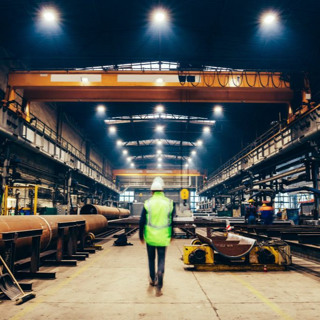
Start with steel: A practical plan to support carbon workers and cut emissions
Investing in ‘green’ steel could create 25,000 local manufacturing jobs, a multi-billion-dollar industry and cut emissions in Australia. It’s a win-win-win. Listen to Tony Wood, Energy Program Director, Guy Dundas, Fellow, and Paul Austin, Editor, discuss Grattan Institute’s latest report, Start with steel: A practical plan to support carbon workers and cut emissions. To read the report in discussion on the podcast, visit: https://grattan.edu.au/report/start-with-steel/
10 Touko 202028min
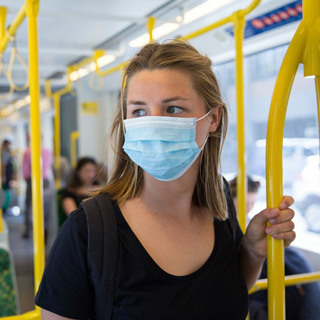
Planning for recovery: Australia after the pandemic - Webinar recording
Australia has done better than most countries in limiting the spread of COVID-19. The health crisis is not over, but attention is now turning to the ‘road out’ of the economic shutdown. There are lots of uncertainties. What are the costs of relaxing too late – or too early? Should schools be reopened, and under what conditions? What parts of the economy should be taken out of lockdown, in what order, and with what changes? How much should we prioritise restoring social activities? Well before governments imposed restrictions, many people started spatial distancing. Irrespective of what governments permit, recovery depends on whether individuals choose to go back to work and to resume social activities. As with the COVIDsafe app, much depends on whether governments can win back public trust. In this Grattan Webinar recording, a panel of policy experts provided perspective on these questions, and nominate Australia’s best strategy from here. Featuring John Daley, Marion Terrill, Stephen Duckett, Brendan Coates and Paul Austin.
30 Huhti 20201h 1min
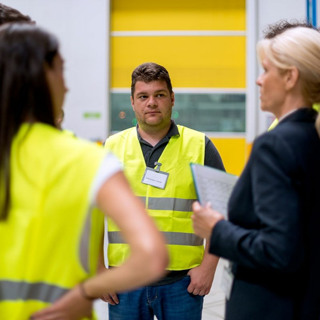
Shutdown: estimating the COVID-19 employment shock
Between 14 and 26 per cent of Australian workers could be out of work as a direct result of the coronavirus shutdown, and the crisis will have an enduring impact on jobs and the economy for years to come. Listen to Brendan Coates, Grattan's Household Finances Program Director, in discussion with Matt Cowgill, Senior Associate, and Paul Austin, Editor, about the impact of the COVID-19 shutdown and what policies could help support Australians through the crisis. You can read the working paper in discussion on our website: https://grattan.edu.au/report/shutdown-estimating-the-covid-19-employment-shock/
20 Huhti 202030min
